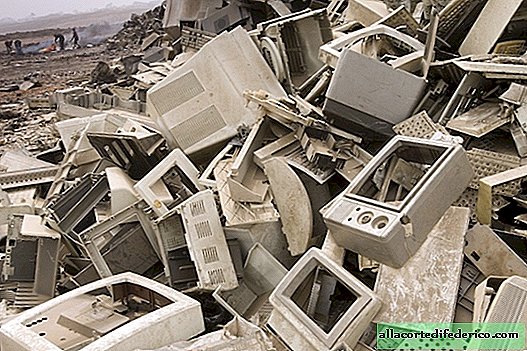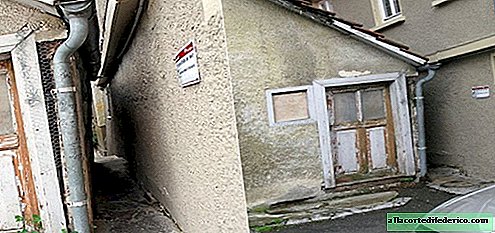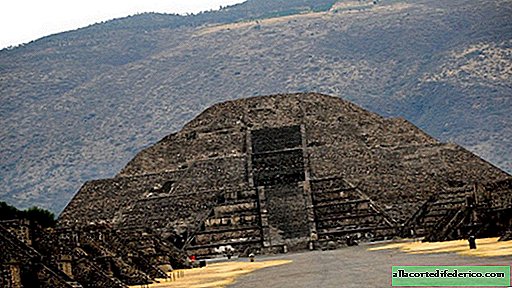Ghana Electronics Landfill: Where Computer Debris From Developed Countries Goes
Our world has changed a lot over the past decades. Everywhere we are surrounded by a variety of equipment and electronics, which makes life more comfortable, diverse, productive and interesting. But progress and comfort have another, not so pleasant side - huge polygons of electronic garbage. Today we will talk about one of the most polluted places on the planet - a dumped site for decommissioned electronics in Ghana.

Ghana is one of the poorest countries not only in Africa but also in the whole world, where almost one third of the total population lives below the poverty line. The basis of the economy of this West African country is the production of cocoa beans, but it is known in the world not only for this. Not far from the capital of Ghana - the city of Accra - there is a huge dump of decommissioned electronics, where thousands of people work daily in search of valuable materials, including children.
This place called Agbogbloshi is not in vain notorious for one of the dirtiest points on the planet. Electronic waste is highly toxic since the elements contained in it pose a threat to the environment. It is for this reason that in countries with developed economies and high environmental standards, it is forbidden to throw decommissioned electronics into household waste landfills. This type of waste is subject to mandatory processing, which in turn entails additional material costs. That's exactly at this stage that all the environmental paradoxes of the modern world are manifested: it turns out that waste that cannot be disposed of in landfills in Europe or the USA can be quite legally exported to third world countries under a variety of names that mask the essence of what is happening. Despite the fact that the Basel Convention, which prohibits the export of toxic waste to developing countries, is signed by most of the developed countries, places like Agbogblošy continue to exist on our planet.

According to UN estimates, more than 50 million tons of electronics waste is generated annually in the world, and only about 25% of this amount is disposed of in accordance with environmental standards. The remaining 75% goes to third world countries, the population of which is also involved in the disposal of such wastes, only the methods that they can use ultimately undermine their health and the environment of the surrounding region.
People working in an electronics dump in Ghana extract valuable metals from parts of decommissioned equipment and live off their sale. Here you can find whole serviceable items that can be sold, but mostly workers are content with non-ferrous metals. Here you can find lead, copper, silver and even gold. It turns out that 1 ton of decommissioned electronics contains the same amount of gold as 18 tons of gold ore. The easiest way to extract certain metals from the body is to burn it. People burn garbage, and caustic smog always hangs over the landfill, which poisons everything around. After the case has burned down, you can begin to search for precious metals. Such work does not require special skills and knowledge, so a lot of children work in a landfill in Agbogbloši.

According to experts, several tens of thousands of people are involved in this hazardous business in Ghana - from landfill workers to resellers. Most of those people who spend all day in clubs of toxic smoke, dismantling decommissioned monitors and processors, have never seen a working computer in their life.

















